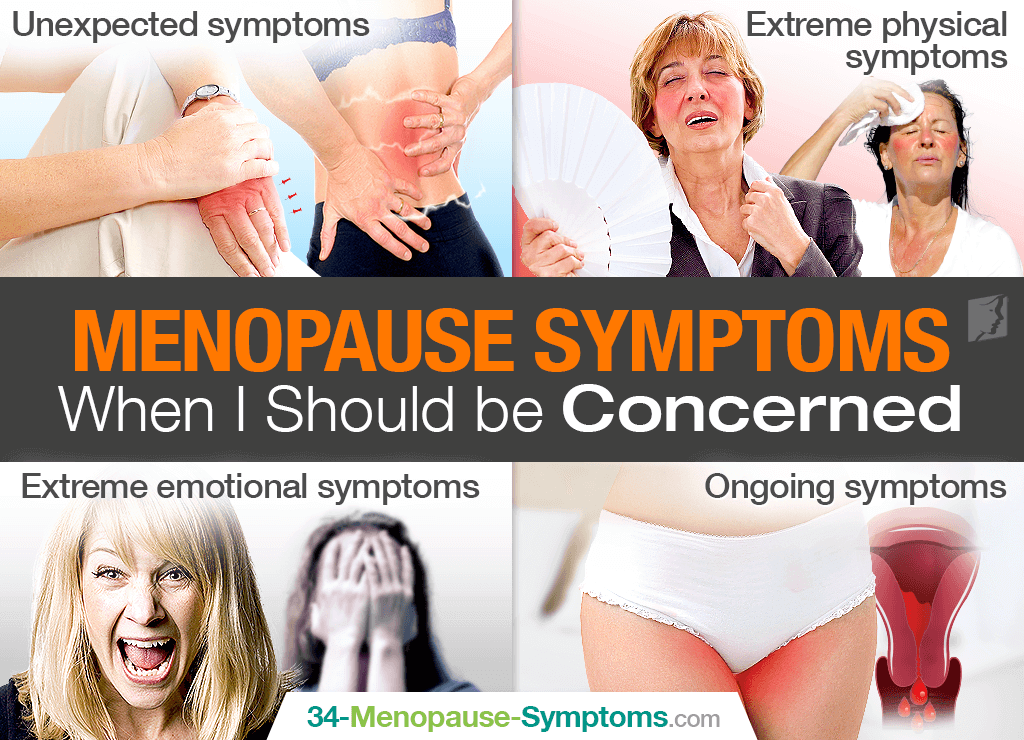When the body begins to end reproductive functions and enters perimenopause, women may be confused about what is and is not normal. It can be difficult to know whether an ache or pain is a symptom of menopause or if it merits immediate medical attention. It is important to know when it is appropriate to consult a menopause doctor.
Read on to learn about when you need to see a doctor for menopause.
First Off, What Kind of Doctor Treats Menopause?
A gynecologist may be considered the best doctor for menopause. However, he or she can work in conjunction with your primary healthcare physician to diagnose symptoms and get you back on track to a symptom-free life.
Also, when choosing your menopause doctor, know what to look for in a doctor to treat your menopause symptoms. Keep in mind that even though most menopause symptoms are attributed to menopause, your doctor may still refer you to a specialist to help him relieve your discomforts or rule out other underlying causes.
What Kinds of Symptoms Should I Be Concerned About?
The most common symptoms of menopause are hot flashes, night sweats, loss of libido, vaginal dryness, irregular periods, and mood swings. However, there are many others, including weight gain, anxiety, dizziness, and fatigue.
If you have the following, troubling indications, it is worth talking to your doctor:
Unexpected Symptoms
If you experience a particularly unusual pain or sensation that doesn't align with the more common menopausal symptoms you have been experiencing lately, seek medical advice from you trusted menopause doctor. Less common menopausal symptoms that could surprise you include tingling extremities, burning tongue, electric shock sensations, and more.
Extreme Physical Symptoms
Different women suffer physical menopausal symptoms to varying degrees. Some will barely notice a hot flash, while in other cases, a hot flash can be overpowering and disruptive. If you find that your menopausal symptoms are particularly intense and difficult to cope with, speak with your doctor.
Extreme Emotional Symptoms
Likewise, many women experience emotional symptoms of menopause. Mood swings, anxiety, and irritability are normal symptoms of menopause. However, they can impact your relationships with the people around you. If you find that your emotional menopausal symptoms are hard to manage and damaging your quality of life, make an appointment with your menopause doctor. He might refer you to a mental health specialist for acute relief.
Ongoing Symptoms
The length of the menopause transition varies from woman to woman. Some symptoms, such as vaginal dryness and loss of libido, might continue into postmenopause. However, periods will not continue. So, if you experience vaginal bleeding in your postmenopausal years, you should see a doctor.
What are my Treatment Options?
There are various treatments for menopause symptoms available.
Lifestyle changes that include a diet rich in phytoestrogens, regular exercise, and healthy habits, such as proper hydration and quitting smoking, can make a world of difference.
Hormone-regulating supplements, such as Macafem, also help treat the underlying cause of menopause symptoms in general, hormonal imbalance. For those looking for immediate relief, you may look to pharmaceutical options, such as hormone replacement therapy (HRT), which can involve serious side effects.
In order to decide what's right for you, speaking to your doctor, who will take your medical history and personal situation into account, might help you reach your decision.
Key Takeaways
In sum, a woman need not feel embarrassed by her personal menopausal experience. Some women go through menopause relatively easily with minor symptoms, while others suffer from unexpected, extreme, or ongoing symptoms that require attention from a menopause doctor, which can be a gynecologist or family physician. Either way, try to appreciate this transitional period for what it is as you glide into your blissful twilight years.
Sources
- Mayo Clinic. (2017). Menopause. Retrieved September 27, 2018, from https://www.mayoclinic.org/diseases-conditions/menopause/diagnosis-treatment/drc-20353401
- Michigan Health. (2017). A Gynecologist Answers 5 Common Questions About Menopause. Retrieved September 27, 2018, from https://healthblog.uofmhealth.org/womens-health/a-gynecologist-answers-5-common-questions-about-menopause
- NHS. (2018). Overview: Menopause. Retrieved September 27, 2018, from https://www.nhs.uk/conditions/menopause/




